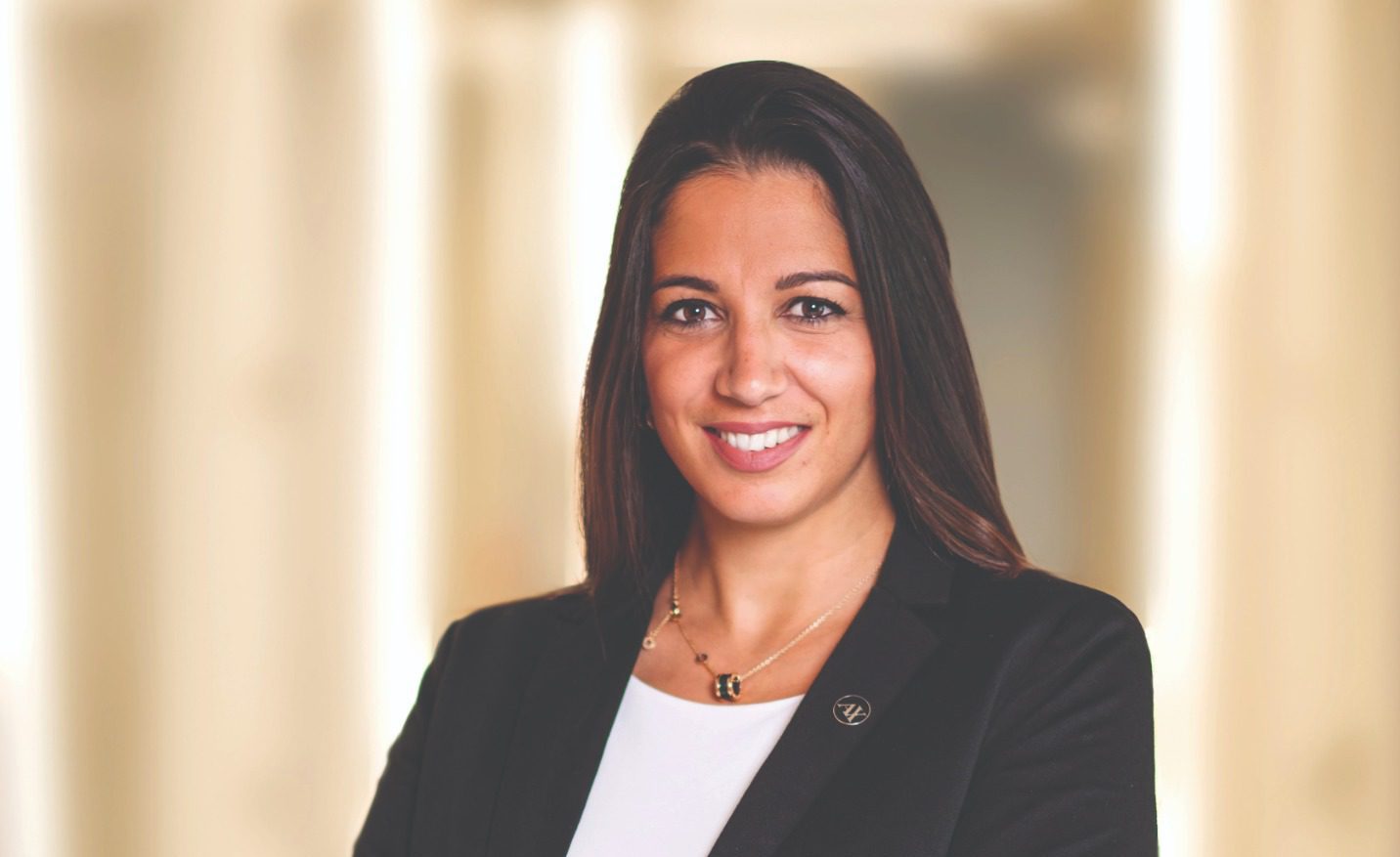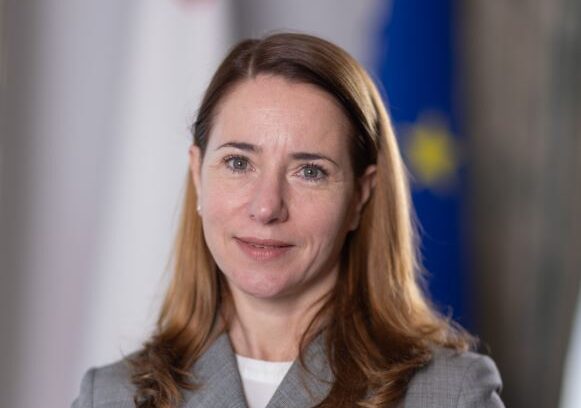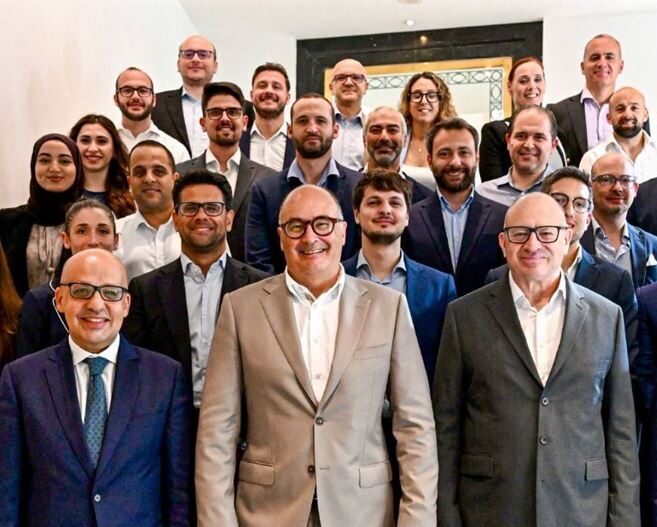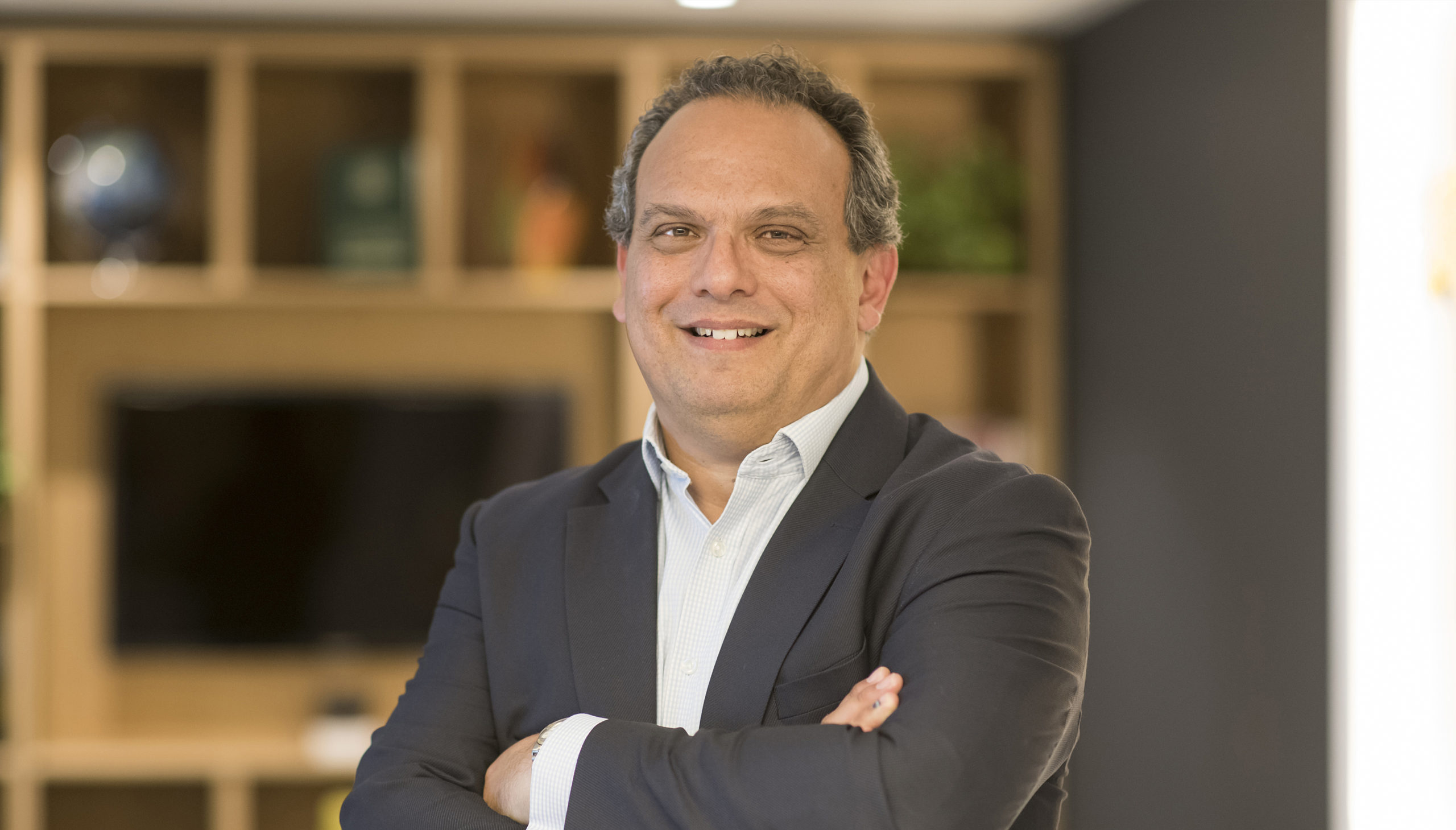One of the few women operating at the top echelons of real estate and construction in Malta, Denise Xuereb is the CEO of AX Real Estate and Director of Development and Construction within AX Group. She is also Vice-President of the Malta Development Association. Responsible for AX Group’s Construction and Development division, she has overseen some of Malta’s largest and most prestigious development projects, including the construction of the new Parliament Building and the restoration of St John’s Co-Cathedral, as well as other in-house projects such as The Verdala Terraces and the redevelopment of AX ODYCY Hotel and Lido.
Like several other local groups of companies, AX Group, which is today active in a number of sectors, was started as a development company. What is it about the local real estate market that has consistently created wealth?
Property development forms the foundation of AX Group’s operations. While we maintain a diversified portfolio, the common thread is our commitment to acquiring, developing and managing assets for long-term investment. This approach holds true whether it involves properties in the hospitality, healthcare or other sectors, and it has consistently yielded wealth through capital appreciation.
Malta’s property market has tended to move independently of global and regional developments in real estate, seemingly shielded from the occasional downturns typically experienced in foreign markets. Why is this the case, and do you expect it to continue in the medium-term?
Malta’s strategic location, combined with its limited land availability, sets it apart and brings the forces of supply and demand into play. These factors also grant Malta’s real estate market the potential to operate independently of global or regional trends. While I believe this will persist, Malta must also refine its development strategies.
What particular benefits and challenges should foreign investors in Maltese real estate look out for?
Foreign investors in the Maltese real estate market encounter a mix of opportunities and challenges. Malta’s stable economy and EU membership offer favourable conditions for investment. English proficiency eases communication, and tourism provides rental income prospects. Malta also offers various tax benefits to foreign investors in real estate.
These incentives include tax breaks on rental income and capital gains, potentially reducing the overall tax burden associated with property ownership. On the downside, high property costs, competition, regulatory changes, and bureaucracy are hurdles. Limited land resources can drive up prices, and environmental concerns persist. Investors must balance these factors to make informed decisions in this dynamic market.
Looking at the next five years, what developments can investors expect in Malta’s real estate landscape?
Based on key indicators, Malta’s real estate landscape is set to evolve in response to environmental concerns, economic factors, technological advancements, and shifting buyer preferences. Sustainability, affordability initiatives, technological adoption, and changes in property preferences are anticipated to be prominent trends over the next five years.
One pivotal trend centres around sustainability and eco-conscious developments. As global awareness of environmental issues continues to grow, there is a heightened demand for real estate projects that prioritise sustainability. I would expect to see an increase in green building practices, energy-efficient designs and eco-friendly features integrated into new developments, as these initiatives not only align with environmental concerns but also cater to the preferences of modern buyers.
One prominent trend is the increasing desire among people to seek residences that offer not only comfortable living spaces but also ample access to open areas. This growing demand for properties with a connection to nature and outdoor spaces reflects the changing preferences of homebuyers and renters alike.
Moreover, we foresee a strong emphasis on the creation of communities within these residential areas. People are not just looking for houses; they are seeking environments that foster a sense of community and belonging. Ensuring the long-term sustainability of Malta’s real estate market hinges on a pivotal principle: prioritising quality developments over quantity. While the drive for growth and investment is important, it is equally critical to safeguard Malta’s unique attributes and natural resources.
This approach not only serves the best interests of the local environment and community but also ensures that investors continue to perceive the island as an attractive and viable destination for their investments.
This feature was first carried in the Malta Invest 2024 edition. Malta Invest is the first-ever comprehensive international investment guide focusing on Malta as a destination. It is produced by Content House Group.
Alison Micallef appointed CEO at Malta Development Bank
She steps into the new role effective immediately.
Impact beyond profit: CSR in Malta is a must in 2025
Nowadays, corporate social responsibility can no longer take a backseat in your business's vision.
Malta’s private equity sector urged to seize opportunities at high-level CEO seminar
Panellists highlighted Malta’s potential as a destination for private capital, citing its English-speaking workforce, regulatory accessibility, and strategic location.
Ronald Attard takes on expanded role as Managing Partner for Risk Management at EY Europe Central
He has built experience in management accounting, corporate finance, and mergers and acquisitions.









